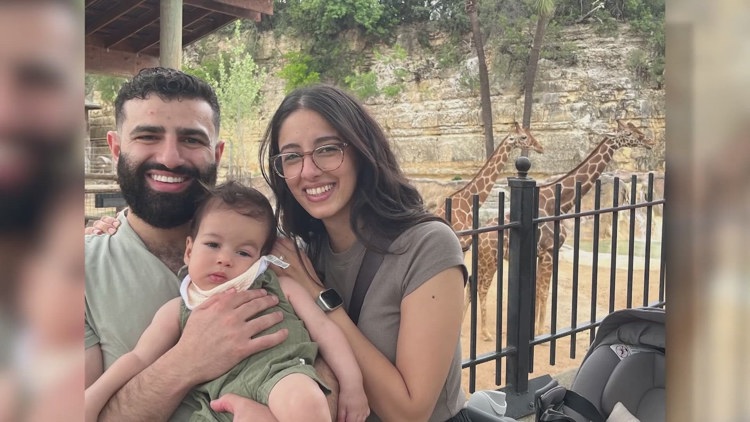An Afghan man, Ihsanullah Garay, has been released from federal immigration detention after spending more than a month in custody. The decision was made by an immigration judge in Georgia on Tuesday, allowing Garay, who is currently battling brain cancer, to return to his home in Lowell, Massachusetts.
Garay, 38, was arrested in September after he mistakenly asked for directions from a federal immigration agent, believing the individual was a police officer. His student visa had expired, but Hans Bremer, his lawyer, emphasized that Garay possesses an active work authorization and has no criminal record. Furthermore, Garay has applied for political asylum.
During his time in detention, Garay’s health significantly deteriorated. In a recent court hearing streamed via video, Bremer noted that his client appeared frail, exhibiting slurred speech and difficulty answering the judge’s questions. Additionally, Garay experienced an increase in seizures while in custody.
The Department of Homeland Security acknowledged during the bond hearing that Garay was not a danger to the community. This acknowledgment is crucial, as being a threat is one of the conditions that typically precludes bond release. However, the department argued that Garay posed a high flight risk since most of his family remains in Afghanistan. Bremer countered this claim, stating that Garay had attended all his immigration hearings and that his paperwork was current.
“I do think it was a stretch by the Department of Homeland Security,” Bremer remarked. “I don’t think it is a very strong argument, and I think the judge obviously agreed with us.”
The situation has garnered attention from U.S. Congresswoman Lori Trahan, who represents Lowell and parts of eastern Massachusetts. Trahan criticized the immigration process, stating, “We’re talking about someone who is literally fighting brain cancer while trying to support his family.” Her remarks highlight the human impact of immigration policies on vulnerable individuals.
Garay’s case raises important questions about the treatment of immigrants with health issues and the complexities of the asylum process in the United States. As he returns to Lowell, community support for Garay and his family may be crucial as they navigate the challenges ahead.
Garay’s release signifies a small victory in a system that often faces scrutiny for its handling of similar cases. As he recuperates, the broader implications of his story may inspire discussions on immigration reform and the need for compassionate policies that take into account individual circumstances.






